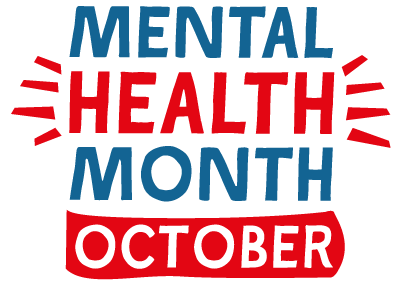
Practicing self-compassion involves treating yourself with care and understanding during difficult times. We can do this by giving the same kindness and compassion to ourselves as we would to a family member or close friend in the same situation. We can tune in to self-compassion by:
- Not judging your situation or experience
- Accepting that it’s okay to feel what you’re feeling
- Understanding that how you feel is temporary
- Being kind to yourself instead of self-criticizing
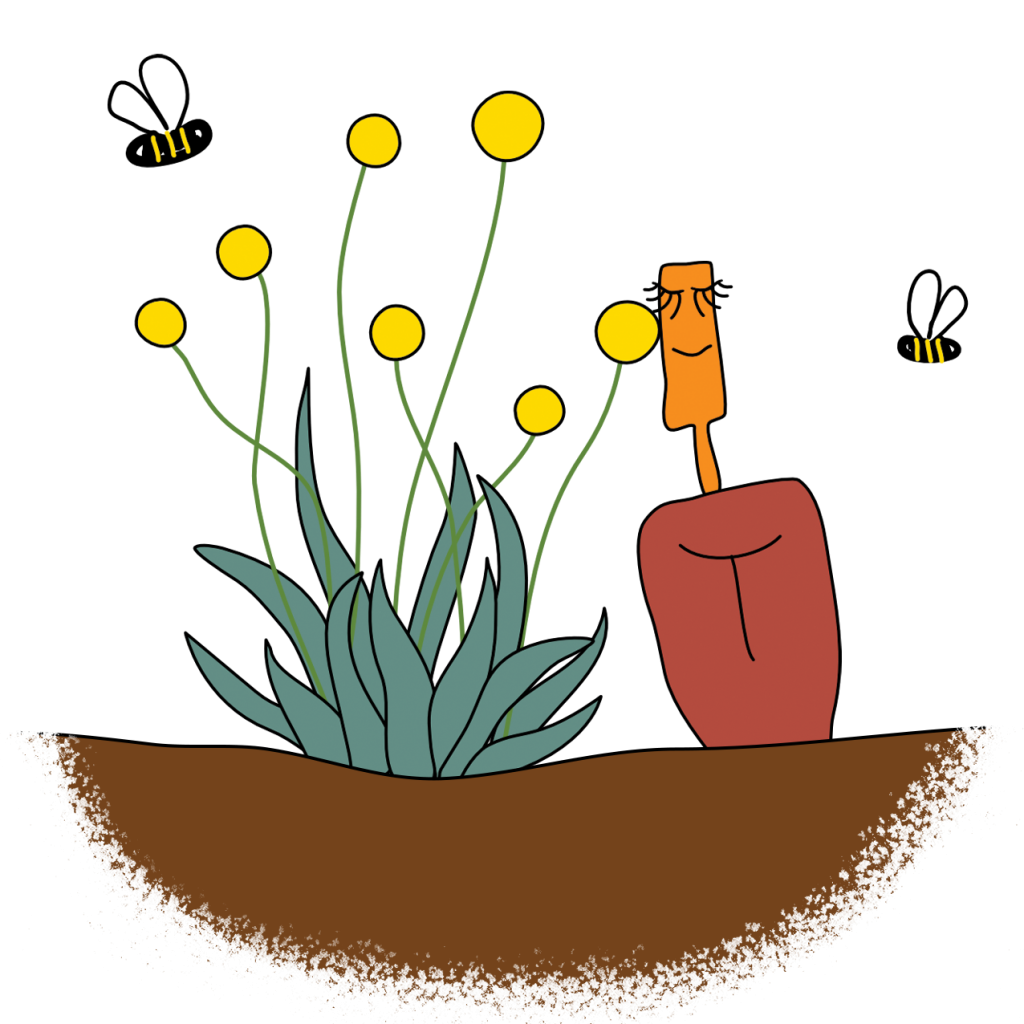
Connecting with nature has long been known to have positive impacts on mental health and can be an excellent way to Tune In to the world. Connection to Country is a huge part of social and emotional wellbeing for Aboriginal and Torres Strait Islander people and taking time to connect with the Land in ways that are accessible can help build social and emotional wellbeing. Gardening has been shown to increase levels of hormones that improve mood and decrease stress, and even humble indoor plants can help us feel more connected to the earth. Connecting to nature can reduce self-consciousness and help you feel more relaxed. Ways you can connect with the earth include:
- Sitting or lying on the grass in your local park
- Planting something new in your garden
- Spend time in nature

At times we might feel like we have to hide who we are, which can have a pretty negative impact on our mental health. Dressing up in a way that makes you feel like yourself (even if you only wear it at home) can help build a sense of identity, and help you Tune In to yourself. When we’re experiencing a rough time, it can be difficult to even get out of bed, let alone get dressed, but if you’re able to, having fun and putting on something that affirms who you are can provide some relief, as well as a bit of self-care. Wearing something that makes you feel like you could be:
- Just a brooch or hat
- A pair of socks
- Your favourite pair of sunglasses
- An entire outfit!
You can read this Journal of Experimental Social Psychology report on Enclothed Cognition if you want to learn a bit of the science behind this tip.
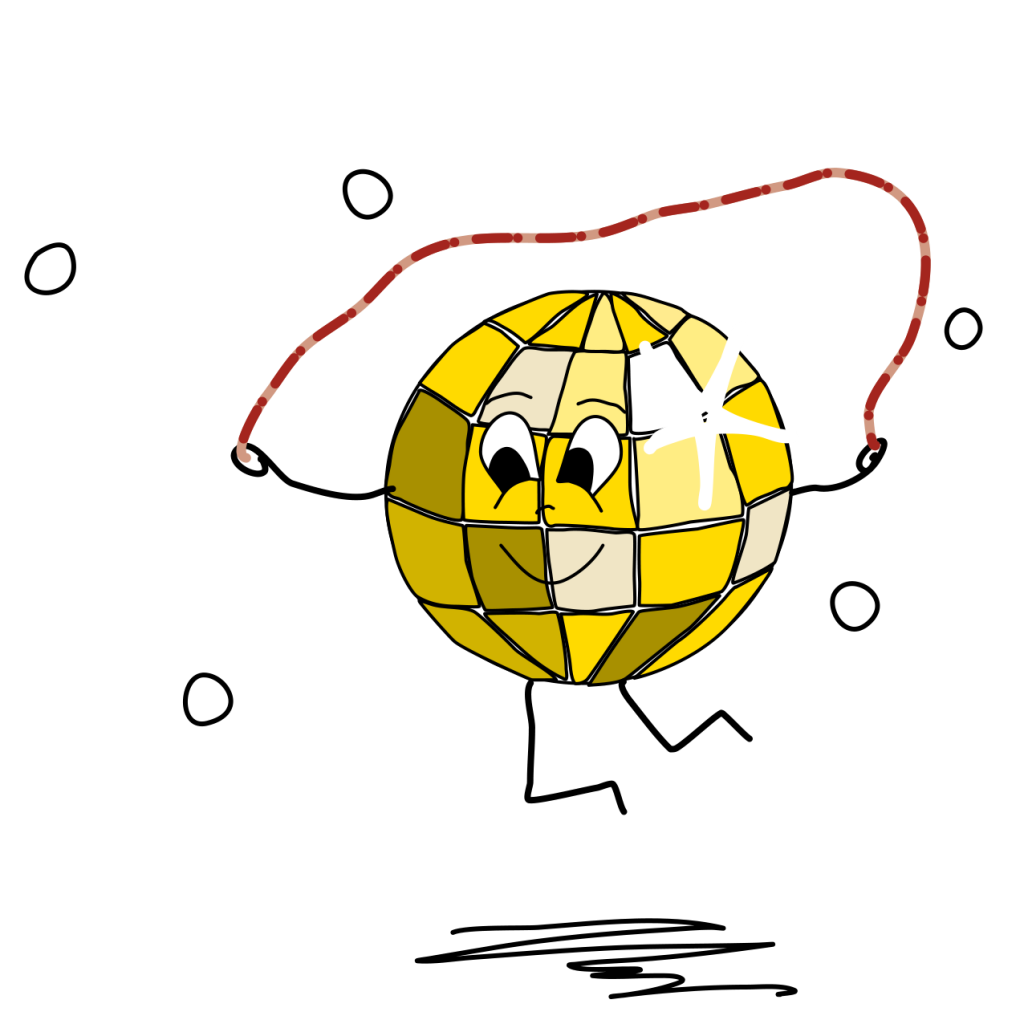
Movement has been shown to help us tune in to what’s going on in our bodies and build connections in our brains that can reduce stress and improve wellbeing. Finding movement and activity that brings you joy is important, especially considering that some people find many types of “exercise” difficult due to physical or emotional barriers. Tuning in to joyous movement can boost mood and help build resilience, so finding something that works for you can make a difference. Moving joyfully could be include:
- Dancing
- Stretching
- Finding fun, silly ways to move about your home
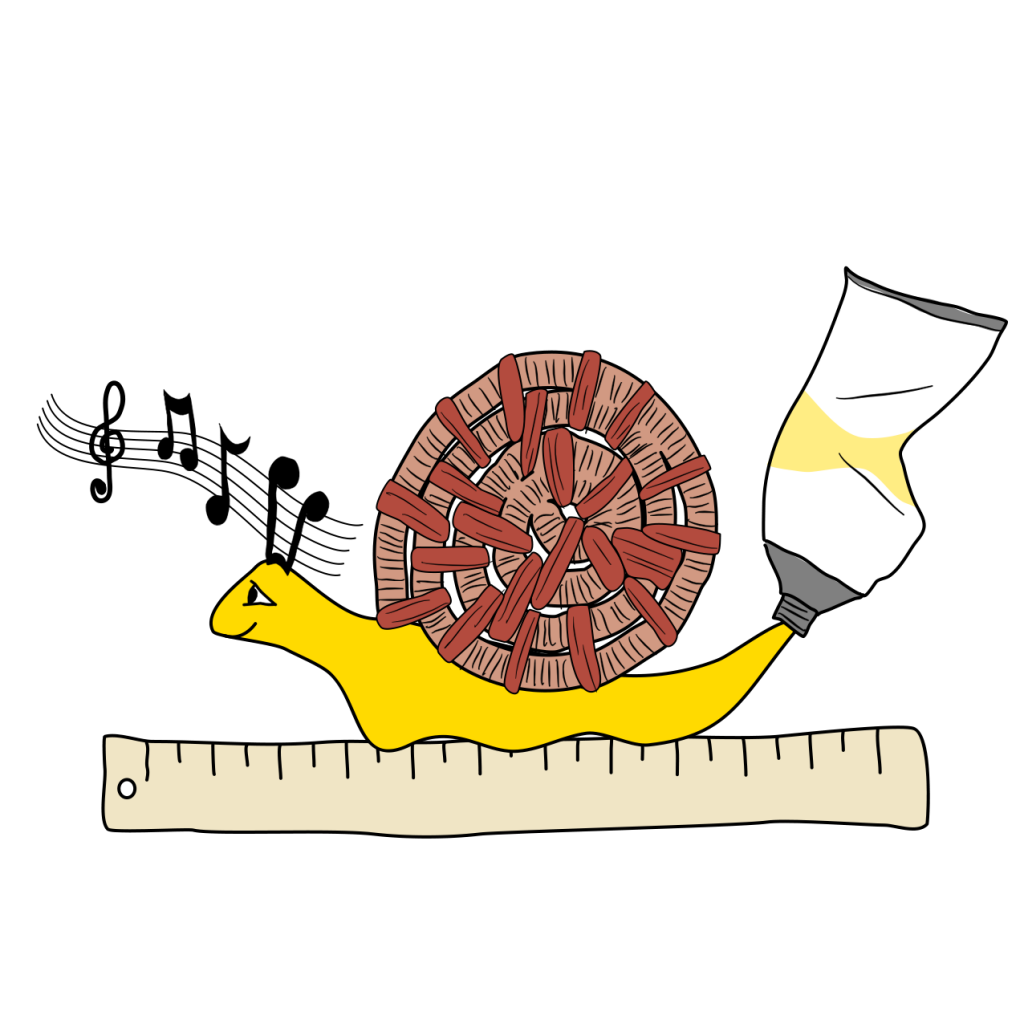
Being actively engaged in any kind of creative expression can not only be very mindful but can also be a great stress reliever. Doing something creative can be an outlet for emotional release, provide a sense of accomplishment and boost self-esteem. Doing something creative means different things to different people and creativity can take many forms. A few ways you can Tune In to being creative include:
- Expression through art: painting, colouring, drawing, photography
- Making something for someone else: weaving, knitting, cooking, crochet
- Creating happy noise: singing, playing an instrument
- Building something: coding, Lego towers, pillow forts
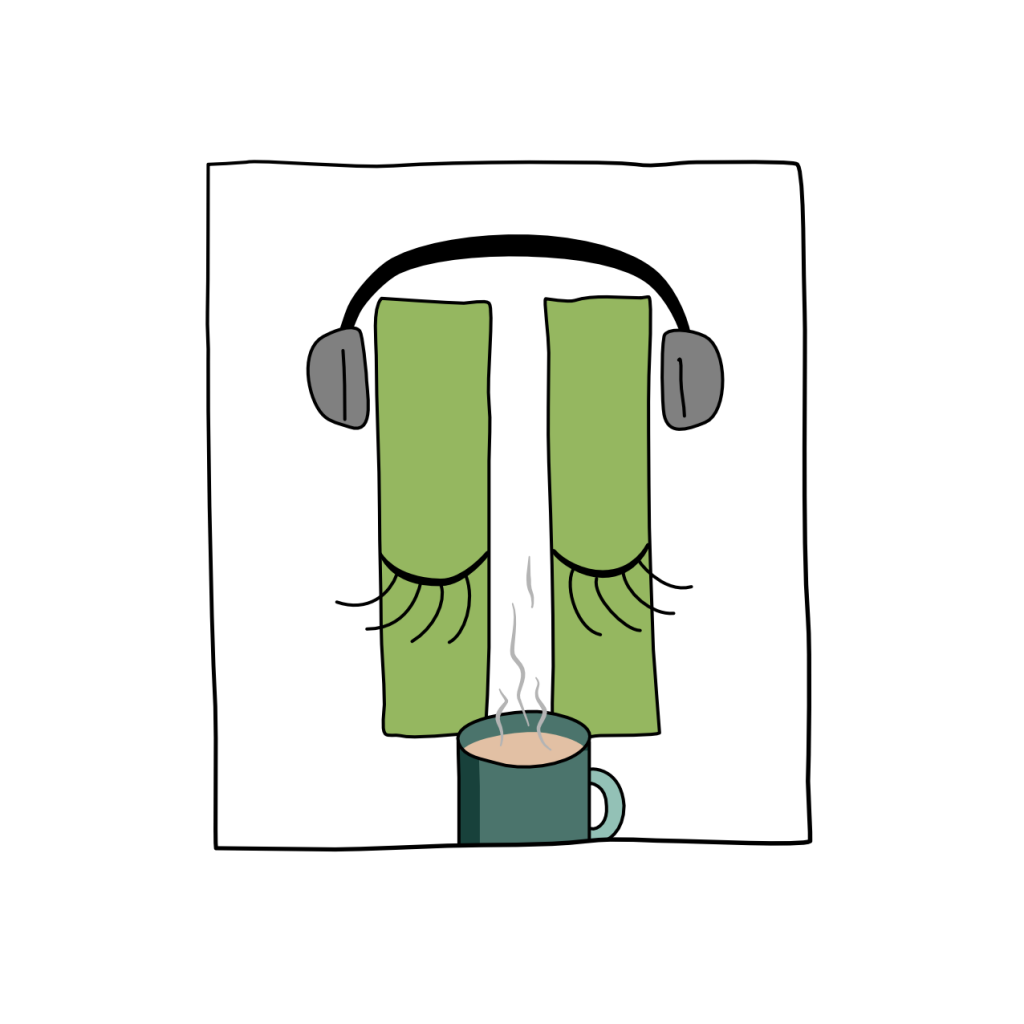
Taking time to rest and relax can reduce stress levels and enable you to better cope with life’s challenges. Having good quality sleep is important in maintaining good mental health as it can improve general mental function as well as your mental and emotional resilience. Rest can look different for everyone, here are a few ways you can Tune In to rest:
- Listen to your body and know when it’s time to stop and rest
- Take time to disconnect from screens each day
- Recharge by taking a nap or laying down
- Take deep abdominal breaths when you’re feeling stressed

Being constantly curious about yourself is a great way to find out what sparks your interest, what you value, how your thoughts and ideas change overtime and what you care about most. Being curious can involve both listening to your mind as well as your body and noticing how both respond to different situations, environments, and stressors. We can be curious about ourselves by:
- Writing down our thoughts to help make sense of what’s going on
- Noticing our bodies response to different situations
- Exploring things that spark our curiosity
- Tuning into our senses

Connecting with friends, colleagues, family, or our chosen family and forming strong relationships is important for mental wellbeing. These relationships can help increase our sense of belonging, improve our self-confidence, and help reduce stress levels. By sharing our experiences, thoughts and feelings and listening to those of loved ones, we are creating stronger social connections which can increase feelings of happiness and self-worth. Some of the ways you can connect with friends include:
- Make time each day to connect with someone you trust
- Have lunch with a colleague
- Reach out to someone you haven’t spoken to for awhile
- Have a device-free dinner with friends
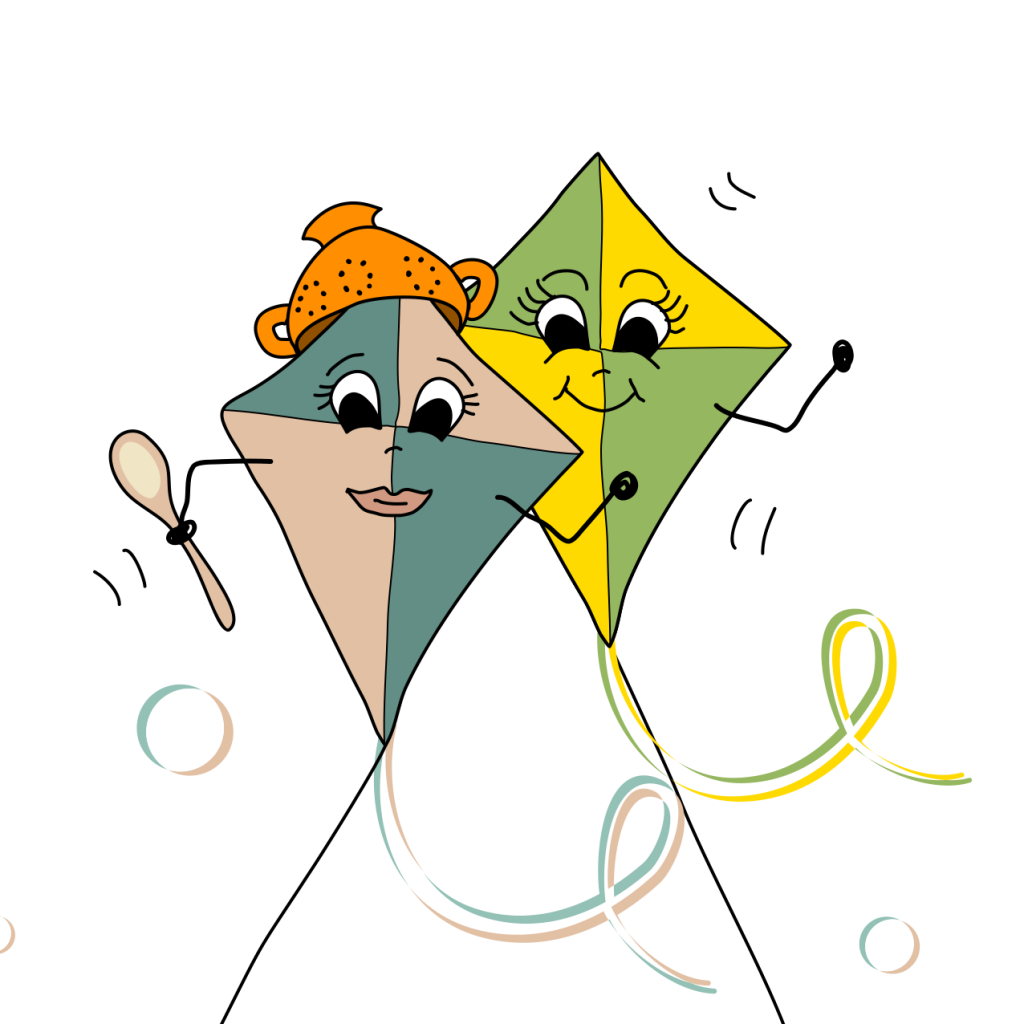
Being playful or having a playful attitude can fuel your creativity, reduce stress levels, and improve emotional wellbeing. Play can produce endorphins which promote an overall sense of wellbeing and can even temporarily relieve pain. There are many ways in which we can be playful, here are a few ways to Tune In to playfulness:
- Play a fun game with friends
- Make someone laugh
- Make time for a hobby or a creative activity
- Take an improv class
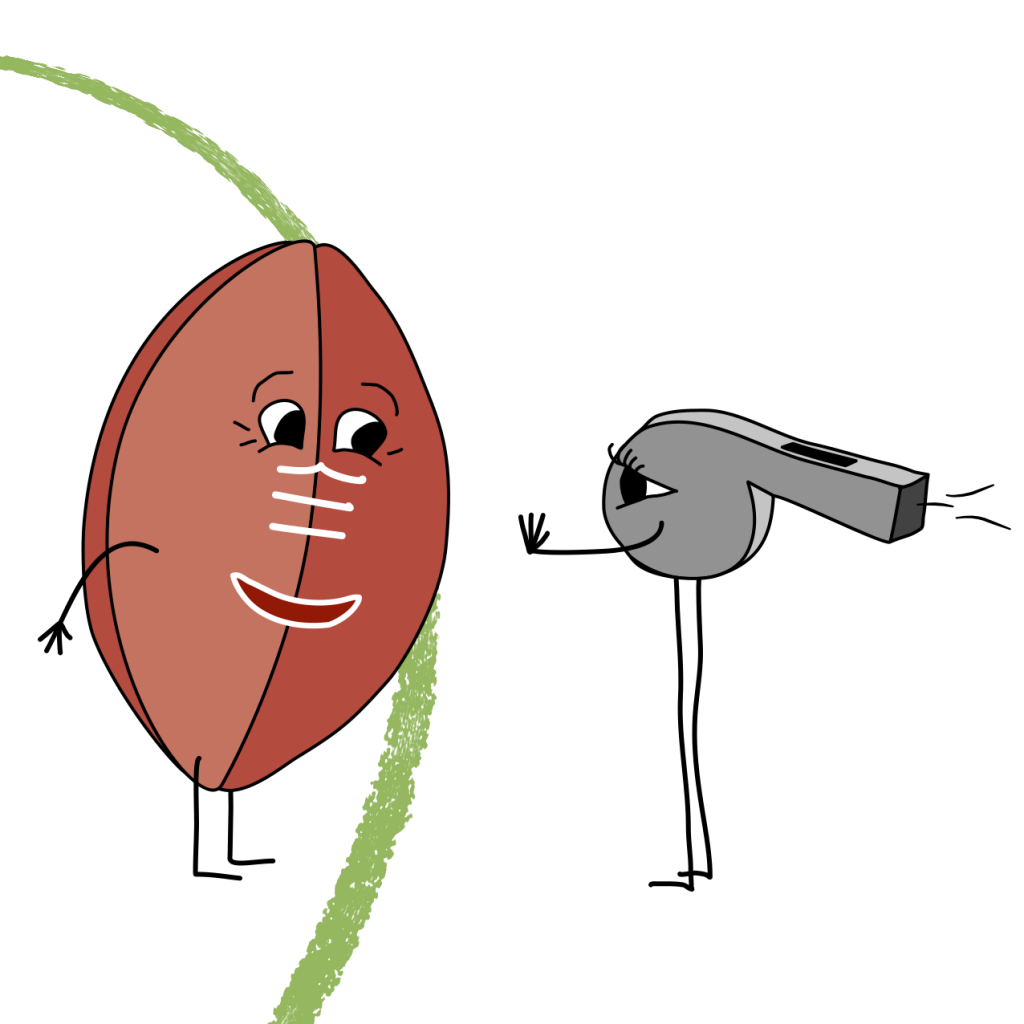
Boundary setting is an important part of self-care. By noticing and setting your boundaries you are taking responsibility for your own needs and how others treat you. Being consistent with implementing external and internal boundaries will increase your self-esteem, conserve emotional energy, and create more independence in your life. You can Tune In to your boundaries by:
- Tuning into your feelings and values
- Understanding what’s right for you
- Knowing it’s okay to say no
- Starting small and seeking support if needed

